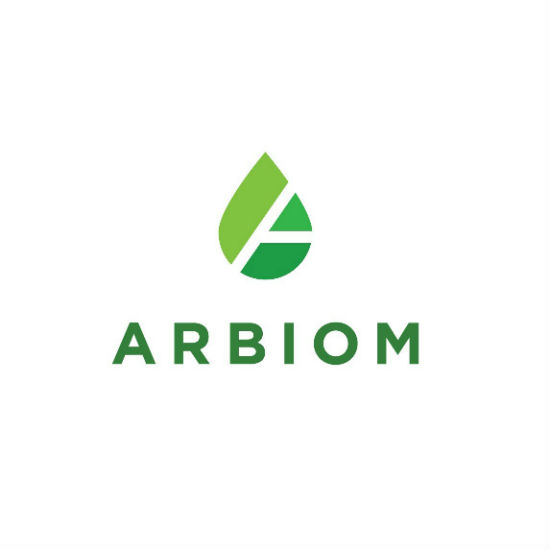
Arbiom Says Its Wood-Derived Feed Protein is Good for Environment

Arbiom, an agricultural biotechnology company based in Durham, says on its website, “We’re already using wood for our buildings, furniture, floors and more. Why not re-imagine wood as food?”
The company is doing just that by producing SylPro, a high-protein ingredient derived from forestry by-products for use in animal feed and food.
Arbiom’s wood-to-food technology uses enzymes, biomass processing and fermentation to convert wood residues into a protein-rich feed ingredient consisting of yeast. SylPro is approved for use in feed and food in the United States, Canada and the European Union.
Now the product has shown a lower impact on climate change than other animal feed proteins, according to preliminary results of a Life Cycle Assessment (LCA) study. SylPro demonstrated a lower climate impact than fish meal, soy protein concentrate and other protein sources.
“From the beginning it has been our goal to develop a protein ingredient that was not only nutritional, economical and traceable, but also above all, sustainable,” said Marc Chevrel, chief executive officer of Arbiom. “The preliminary LCA results are incredibly promising in helping to validate this goal, and in supporting Arbiom’s commitment to sustainably feed the world’s growing population.”
The study was conducted by Ostfoldforskning, a Norwegian consultancy with experience evaluating environmental performance of materials, fuels and feeds. The study focused on six environmental impact categories identified in Europe’s Product Environmental Footprint Category Rules for feed for food-producing animals.

The study accounted for all operations in Arbiom’s production process to produce SylPro from wood biomass, a renewable and sustainable resource. These encompassed wood sourcing from forests and all energy and material use in each production step, including the production of the energy and material sources themselves. The last step accounted for transportation to end use in aquafeed.
Climate change impact was scrutinized with an assessment method used by the Intergovernmental Panel on Climate Change, the United Nations body for assessing the science related to climate change.
“While the results are preliminary, the data thus far shows positive signs in supporting SylPro as a sustainable solution to the protein gap,” said Andreas Brekke, Ph.D., senior research scientist for Ostfoldforskning.
Additional LCA results for SylPro will be released later this year.
The LCA study was conducted as part of the SYLFEED Project, an international collaboration by 10 industry partners. The European project is dedicated to scaling-up Arbiom’s wood-to-food technology to produce fish feed.
